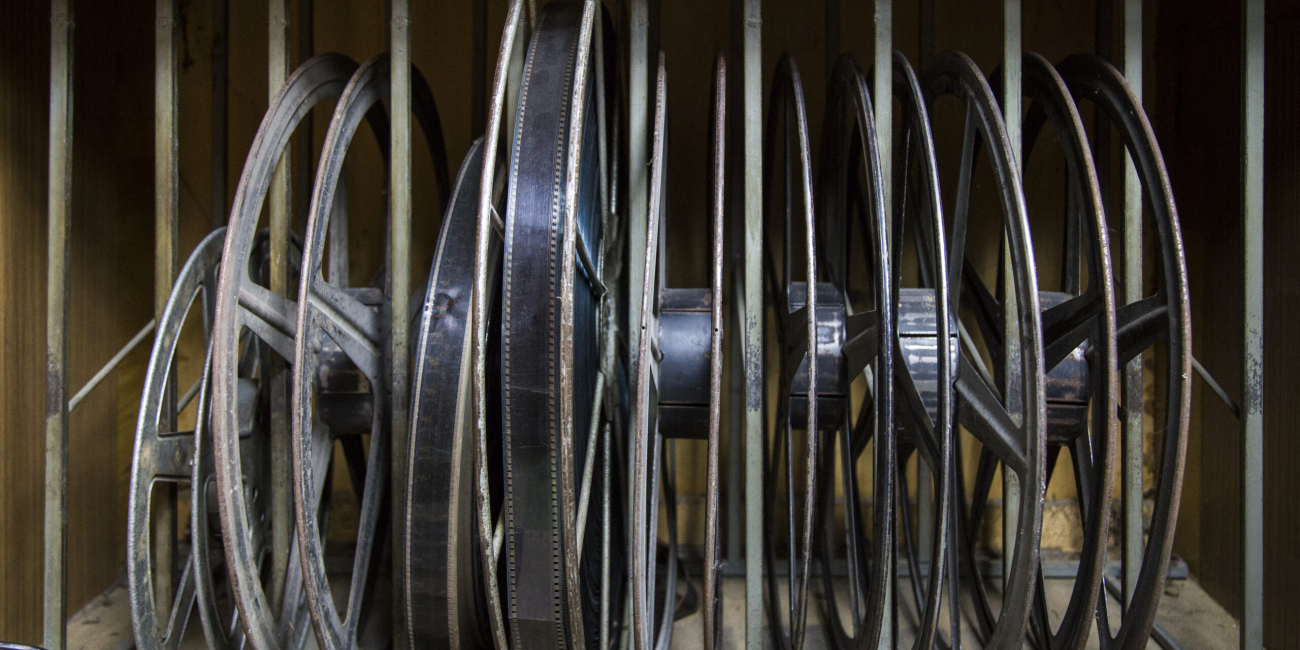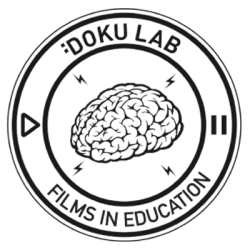Are you passionate about film history and cultural studies? Do you aspire to contribute to the preservation and understanding of…
CONNECTING DOTS: EXPLORING SHARED FILM HERITAGE
Following several informal program collaborations DokuFest and Beldocs through this project embark on a strategic partnership as two leading documentary film festivals in the Western Balkans.
This collaboration is built upon a shared commitment to promoting the art of documentary filmmaking, fostering cultural exchange, and advancing the cinematic landscape in our respective regions. This project intervention is necessary for several reasons. Firstly, it aims to explore and document the historical development of cinema in the Yugoslav countries, including Kosovo, during the period from 1912 to 1999. This time span witnessed significant changes in the film industry and film culture, and understanding this history is crucial for preserving cultural heritage and fostering a deeper appreciation of cinema. Secondly, the project seeks to analyse the film repertoire shown in “Bistrica” Cinema, which played a significant role in shaping the cinematic experience of the community during that period. By examining the selection of films, their genres, and the underlying ideological perspectives, the project aims to provide insights into the socio-cultural, political, and economic dynamics of the time. The project's impact on vulnerable population groups in the community will depend on the specific approach and goals set forth. However, potential impacts could include:
1. Preserving cultural heritage: By documenting the film history and repertoire of the region, the project can contribute to preserving the cultural heritage of the community. This can benefit vulnerable population groups by ensuring that their history and contributions to cinema are not forgotten or overlooked.
2. Increased cultural understanding: The analysis of film representation of ethnic groups and women of different nationalities can promote greater cultural understanding and inclusivity. By examining how different groups were portrayed or underrepresented in films, the project can raise awareness about social dynamics and potentially challenge stereotypes or biases.
3. Empowerment through representation: If the project identifies instances of censorship or self-censorship, it can shed light on the challenges faced by filmmakers during that time. This knowledge can empower vulnerable population groups by highlighting the importance of freedom of expression and inspiring conversations about artistic freedom and human rights. While providing statistical indicators for a specific area might be challenging without access to specific data, the project can still draw on qualitative research methods, archival materials, interviews, and film analysis to gather relevant information.
These sources can help provide a comprehensive understanding of the film industry, cultural context, and potential impacts on vulnerable population groups. Overall, the project has the potential to contribute to cultural preservation, foster inclusivity, and empower communities by examining the history of cinema and its representation of diverse identities and perspectives. The Project aims to:
1. Increase Documentation of Yugoslav Film Heritage in Kosovo
2. Create Artistic Outputs and Cultural Exchange
3. Increase Engagement with Research Findings and Artistic Products
4. Enhance Gender Representation and Inclusivity
5. Strengthen Cross-Cultural Collaboration and Networking
The activities entail:
1. Research Residency Program: Both DokuFest and Beldocs will organize a research residency programs lasting between two to four weeks. Two researcher-artists selected by Beldocs will participate in residency program, with one program taking place in Prizren, with frequent travel to Prishtina for consultations and research at Kosovo Cinematography Center and Kosovafilm. Two researcher-artists selected by DokuFest will participate in residency program, with one program taking place in Belgrade, Serbia for research in Kinoteka and other relevant institutions.
2. Research Outputs Production: Researchers participating in the residency program will produce various outputs based on their research findings. These outputs may include two blog posts, a research paper, and others. The outputs will focus on the designated theme and contribute to the documentation and promotion of Yugoslav film heritage.
3. Archival Research and Analysis: Researchers will conduct archival research, including exploring film archives, magazines, newspapers, and literature, to uncover new information about the missing history of Kosovo cinema. They will analyze discourse and ideology aspects of the films, with a particular focus on the comprehensive documentary "Kroz naše Kosovo." The materials and documentation related to the film are located at the Croatian Cinematheque in Zagreb and the Yugoslav Cinematheque.
4. Exhibition and Presentation at Festivals: The artistic outputs produced through the residency program will be exhibited and presented at Dokufest (August 2024) and Beldocs (May 2024). The exhibition and presentations will provide platforms for engaging the target groups, including university students, artists, researchers, and academics. Developments and publications related to the residency programs will be featured in Dokufest Newsletter, Beldocs Web, Lumbardhi Blog, and Prizma Medium, enhancing visibility and reach.
5. Collaboration and Networking Initiatives: The project will facilitate collaborative initiatives between researcher-artists from Kosovo and Serbia, aiming to create joint artistic productions, research projects, or knowledge sharing activities. These initiatives will strengthen cross-cultural collaboration and foster ongoing partnerships between the researchers and their respective institutions.



